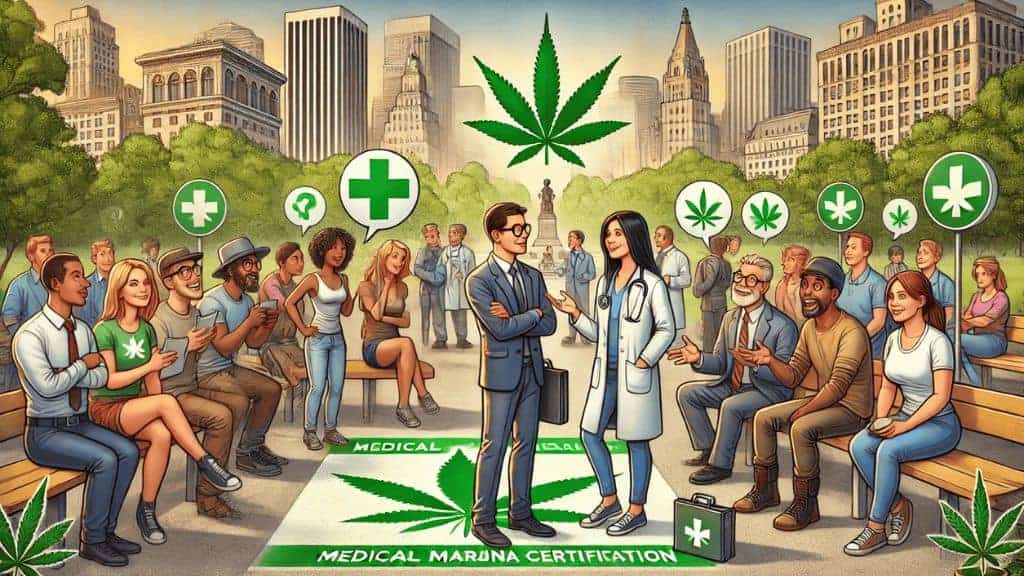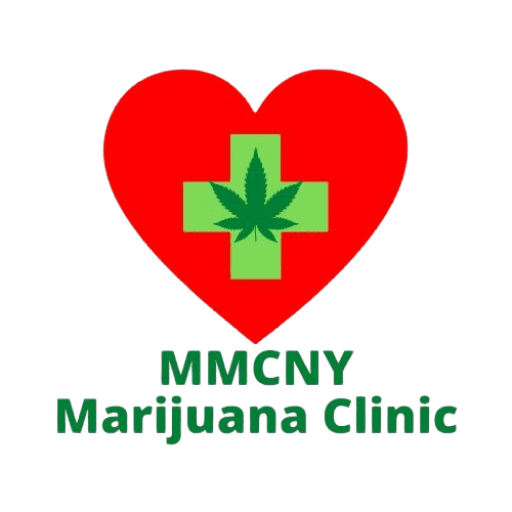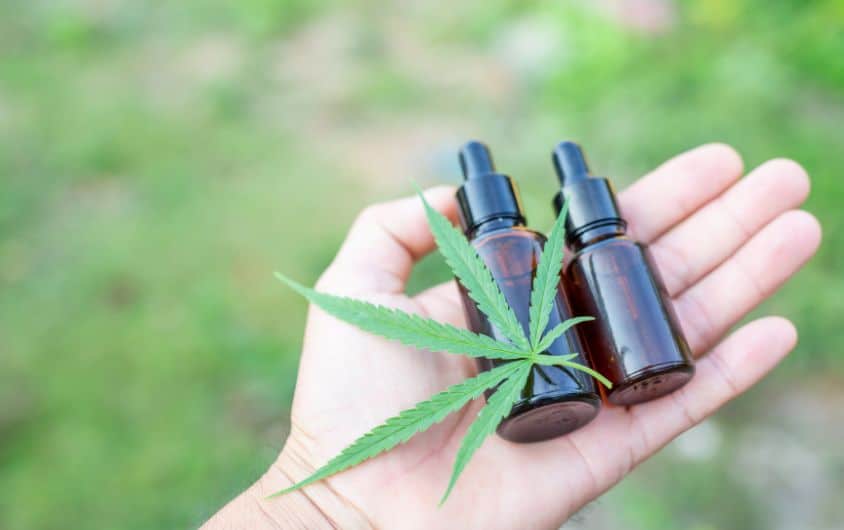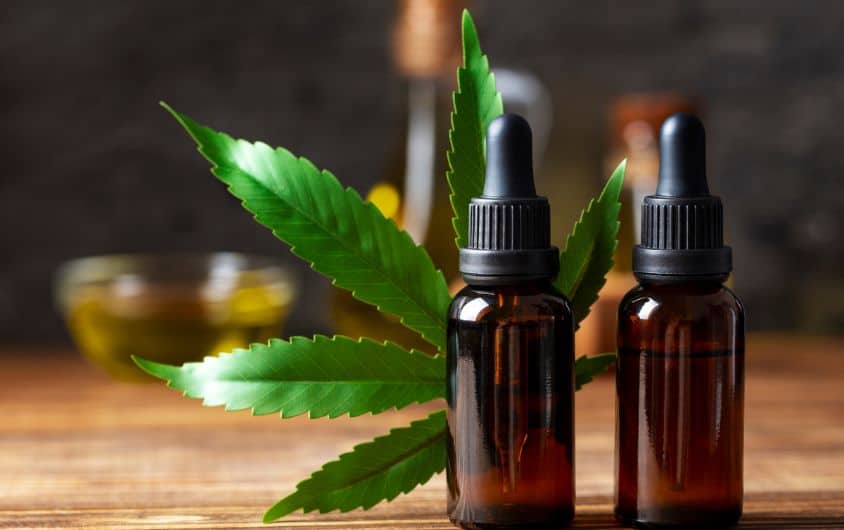The public perception of medical marijuana certification in New York is a complex issue shaped by a myriad of factors including media influence, legislative changes, and societal attitudes. This blog explores how New Yorkers view medical marijuana certification, considering the impact of recent legalizations and the role of the media in shaping these views.
We delve into demographic differences in opinion, misconceptions, and the challenges faced by patients seeking certification. Special attention is given to the accessibility of medical marijuana for disabled patients, examining both current barriers and ongoing efforts to improve access.
Understanding these perceptions is crucial for stakeholders at all levels, from policymakers to patients, in navigating the evolving landscape of medical marijuana in New York.
Join us as we unpack the multifaceted public opinion on this significant healthcare topic.
Table of Contents
TogglePublic Opinion on Medical Marijuana Certification in New York
How does the general public view medical marijuana certification in New York?
In New York, the public perception of medical marijuana has generally become more favorable, particularly following the legalization of recreational marijuana in 2021. This shift reflects a broader national trend towards accepting cannabis use, both medicinally and recreationally.
The availability of detailed program information and patient guidelines from the New York State Office of Cannabis Management helps in demystifying the use and benefits of medical marijuana, contributing to its acceptance.
What factors influence public perception of medical marijuana in New York?
Several factors influence public perception, including media representation, advocacy by health professionals, and personal stories shared by patients benefiting from medical marijuana.
Legal changes that have eased access and use, along with educational efforts by state authorities, also play significant roles in shaping public opinion. The state’s proactive approach to providing comprehensive patient care information and establishing clear guidelines for use and access helps mitigate misunderstandings and stigmas associated with cannabis use.
Impact of Public Perception
How does public perception affect patients seeking medical marijuana certification?
Public perception can significantly impact patients, influencing their willingness to consider or continue using medical marijuana for treatment. Positive perception may encourage more patients to explore medical marijuana as a viable option, while negative views could deter patients due to stigma or misunderstanding about its effects and benefits.
Which demographics are most supportive of medical marijuana certification?
Younger demographics and residents of urban areas in New York tend to be more supportive of medical marijuana use. This support often correlates with more progressive views on healthcare and personal freedom. However, acceptance is growing across various age groups and communities, reflecting broader changes in perceptions toward cannabis nationally.
Media Influence on Perception
What role does media play in shaping public perception of medical marijuana in New York?
The media plays a significant role in shaping public perception of medical marijuana in New York. Coverage by major news outlets like The New York Times has historically impacted public opinion, often framing cannabis in a more medical and therapeutic light.
This portrayal contributes to normalizing medical marijuana use, influencing public acceptance and understanding. Educational campaigns launched by the state and covered extensively in the media further educate the public on the benefits and regulations of medical marijuana, helping to shift perceptions from skepticism to acceptance.
Political and Legal Influences
How have recent legal changes in New York affected public perception?
Recent legal changes, such as the legalization of recreational marijuana under the Marihuana Regulation and Taxation Act (MRTA) in 2021, have significantly altered public perception in New York.
These changes have not only increased accessibility but also helped diminish the stigma associated with cannabis use. As the legal landscape becomes more accommodating, public opinion continues to evolve, viewing medical marijuana as a legitimate and beneficial option for various health conditions.
Challenges in Perception
What are the primary misconceptions or challenges facing public perception of medical marijuana?
Despite advancements in laws and education, several challenges and misconceptions persist in the public perception of medical marijuana in New York. Common misconceptions include doubts about its medical efficacy, concerns over potential abuse, and misunderstanding the legal aspects of its use.
Combatting these challenges requires ongoing public education efforts to clarify the benefits, regulations, and safe use of medical marijuana. These efforts can help ensure that the public remains informed and can make educated decisions about medical cannabis.
Accessibility for Disabled Patients
Is Medical Marijuana Certification Readily Accessible for Disabled Patients in New York?
In New York, ensuring accessibility for disabled patients seeking medical marijuana certification is a priority. The state mandates that all medical facilities providing these certifications comply with ADA (Americans with Disabilities Act) standards.
This includes physical accessibility to clinics and dispensaries, as well as the availability of services such as telemedicine, which can significantly aid those who face challenges in physically visiting a doctor.
What Steps Are Being Taken to Improve Accessibility for Disabled Patients?
New York continues to improve accessibility through legislative actions and regulatory adjustments aimed at expanding the reach and convenience of medical marijuana services. Recent enhancements include the option for telehealth consultations, which allows patients to receive certifications from their homes.
Additionally, the state actively works with organizations to increase awareness and educate medical providers about the specific needs of disabled patients, ensuring that these patients receive respectful and adequate care.
Conclusion
Understanding public perception of medical marijuana certification is crucial because it directly influences policy decisions, patient care, and the general acceptance of medical cannabis as a viable treatment option.
Positive public perception can lead to more supportive laws and policies, increased funding for research, and broader acceptance within the medical community. This, in turn, improves access and quality of care for patients, including those with disabilities, who may rely heavily on medical marijuana for symptom management and quality of life improvements.
For New Yorkers, especially those with disabilities who are considering medical marijuana, accessing a certification is made easier with resources like Medical Marijuana Card NY. This platform not only guides you through the process of obtaining a certification smoothly but also ensures that you are well-informed about your rights and the latest in medical cannabis regulations in New York. If you’re looking to navigate the medical marijuana landscape effectively, connecting with a resource like Medical Marijuana Card NY can provide you with the support and information you need.





